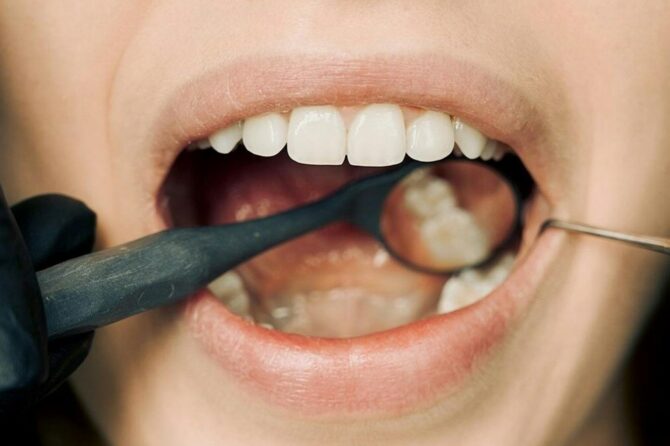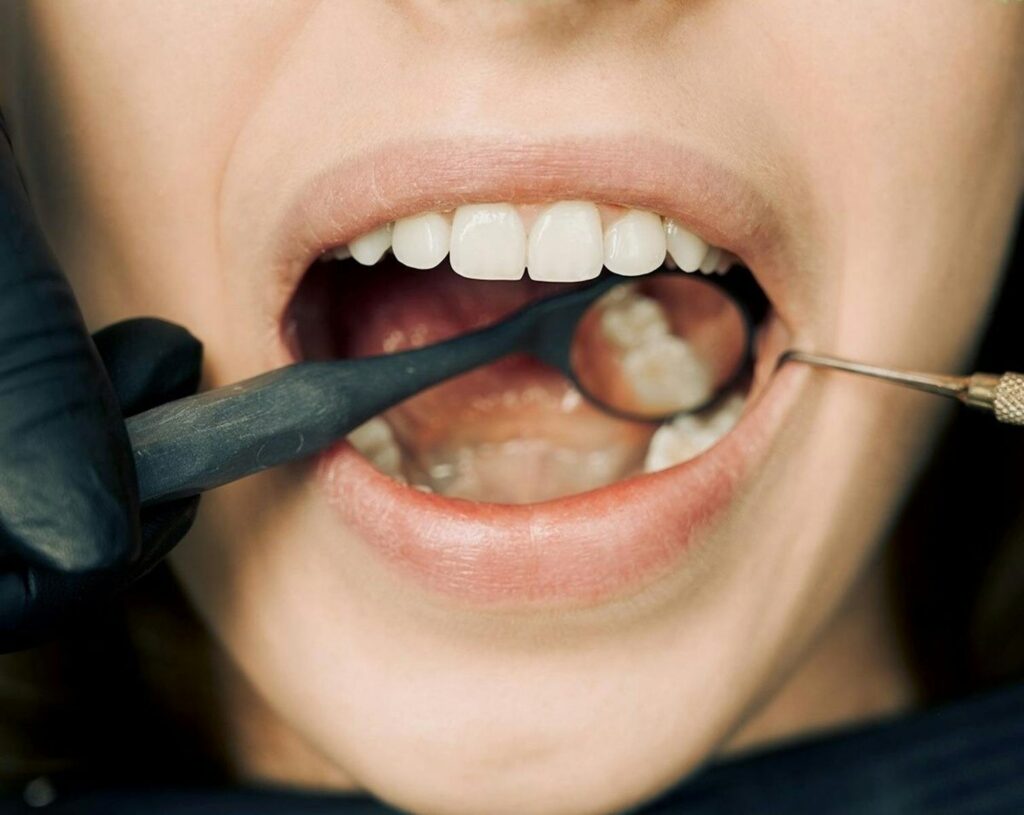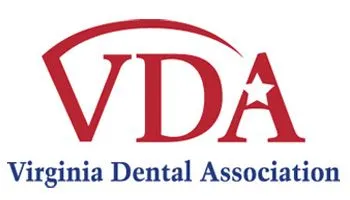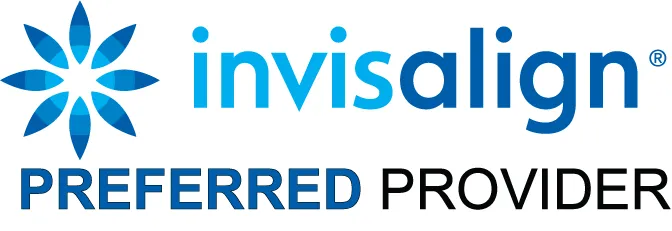
Every hour, a life is lost to oral cancer in North America. This sobering statistic highlights a health crisis that often develops with little notice until it’s reached advanced stages.
As the sixth most commonly diagnosed form of cancer, oral cancer carries a particularly troubling prognosis—only half of those diagnosed will survive beyond five years. Unlike many other cancers where medical advances have improved outcomes, oral cancer survival rates have remained stubbornly unchanged over decades.
What makes this particularly concerning is that oral cancer often develops in areas easily visible during routine dental examinations. Early detection dramatically increases survival chances, yet many cases go unnoticed until symptoms become severe and dental treatment options narrow.
Risk factors extend beyond the commonly known tobacco and alcohol use. Age, sun exposure, HPV infection, and even genetics can play significant roles in determining vulnerability to this disease.
Regular professional screenings are essential in identifying suspicious tissues before they progress to later stages. These quick, painless examinations can detect concerning changes that might escape notice during your daily routine.
Understanding your personal risk profile and committing to regular screenings represents your strongest defense against this persistent threat to oral health.

This grim statistic may make you think that oral cancer is a particularly deadly form, when in fact the high death rate has more to do with how late in its development oral cancer is detected. Routine screening is the key to early detection and survival, and in our continuing efforts to provide the most advanced technology and highest quality care available to our patients at Winchester Dental Studio, we proudly screen our patients for oral cancer.
So, who’s at risk for oral cancer?
Anyone can develop oral cancer, but some people are at a higher risk. These high-risk groups include those over the age of 50 and men, who are twice as likely as women to develop the disease. Smoking or chewing smokeless tobacco products, consuming alcohol excessively, and constant exposure to the sun at a young age are also risk factors.
How is oral cancer detected?
The doctor and our team at Winchester Dental Studio suggest our patients perform a monthly self-examination to check for unusual red or white patches, sores, lumps, or thickenings anywhere inside the mouth, on the lips, or in the throat and neck area.
We encourage you to give us a call at our convenient Winchester, Virginia office if you find any of these symptoms or if you have trouble swallowing or experience a chronic sore throat and hoarseness. During your visit, the doctor will inspect the oral tissues and neck to determine if abnormalities are present.
What happens if oral cancer is detected?
If we discover abnormal tissues during your visit, a biopsy will be required. The results from the biopsy will be sent to a laboratory to determine if the cells are cancerous or precancerous. If a diagnosis of cancer is made, surgery, as well as treatment such as chemotherapy or radiation may be necessary. the doctor and our team will work closely with your oncologist and other members of your medical team to ensure that you achieve the best possible oral health care both during and after treatment.
Finding out you have oral cancer can be devastating news. If you are concerned that you might be at risk for developing oral cancer, talk to us about screenings and other things you can do to reduce your risk. Through a routine visual inspection, the doctor and our team at Winchester Dental Studio can often detect premalignant abnormalities and cancer at an early stage when treatment is both less expensive and more successful, and can potentially save your life. Ask us about a screening during your next visit!





